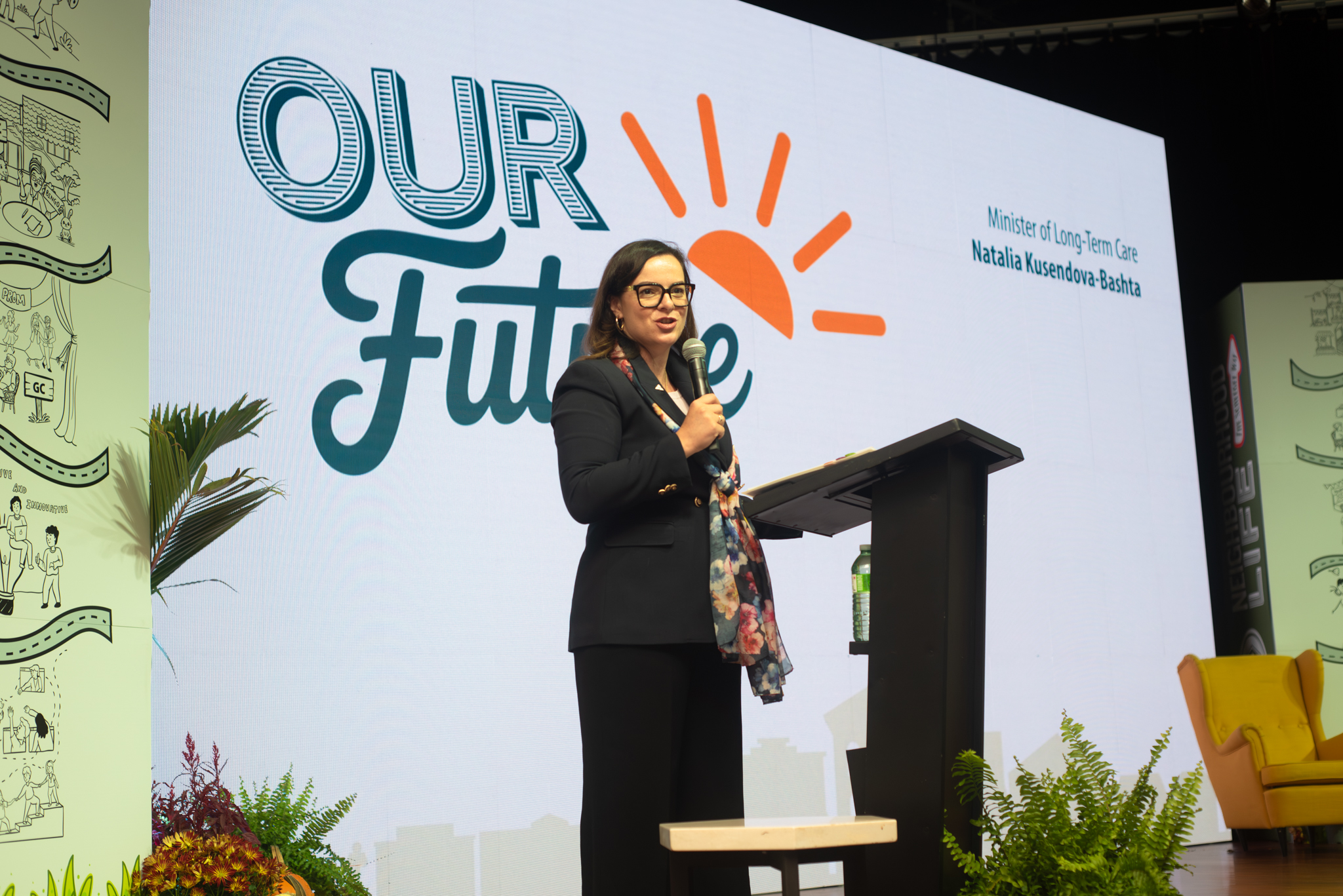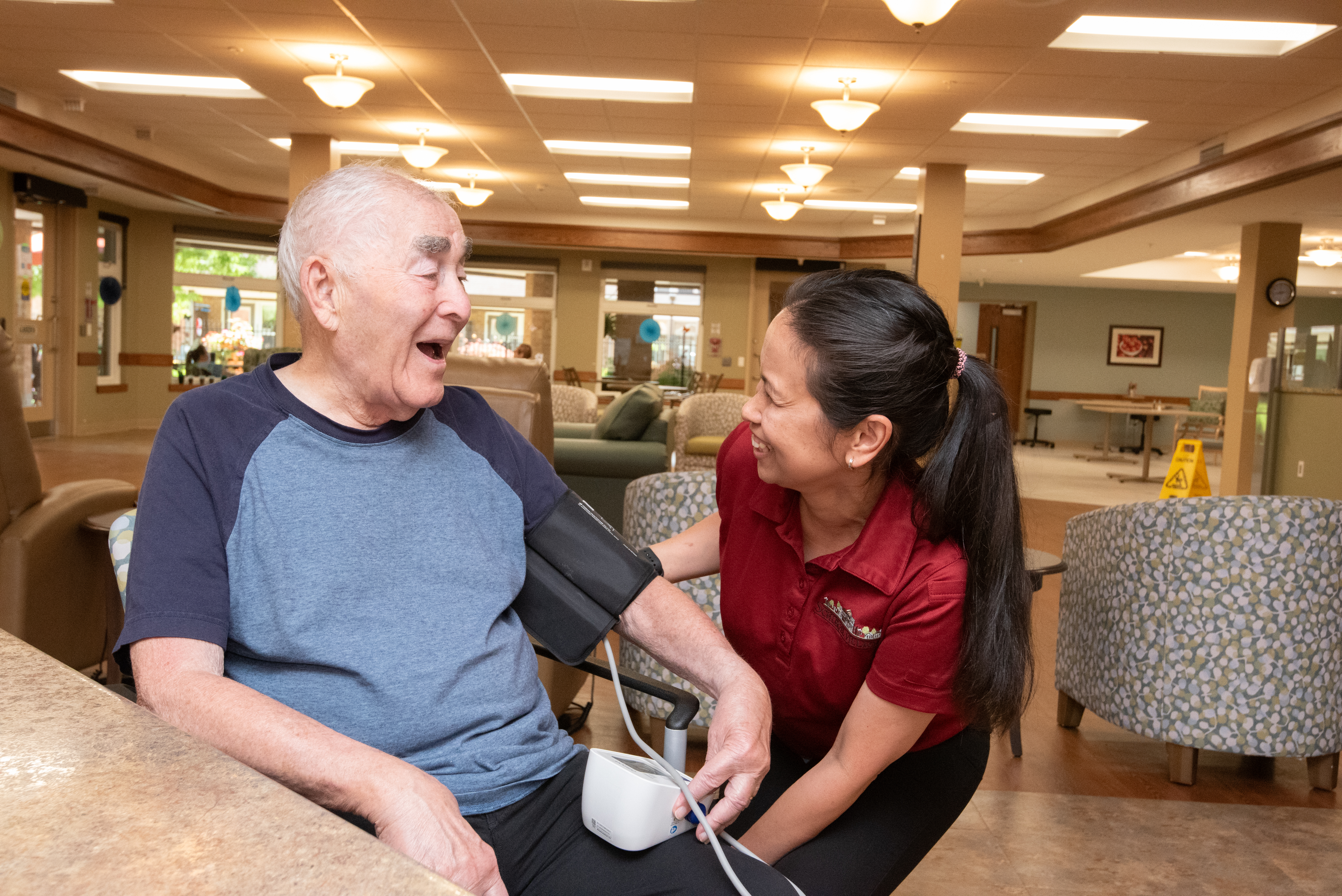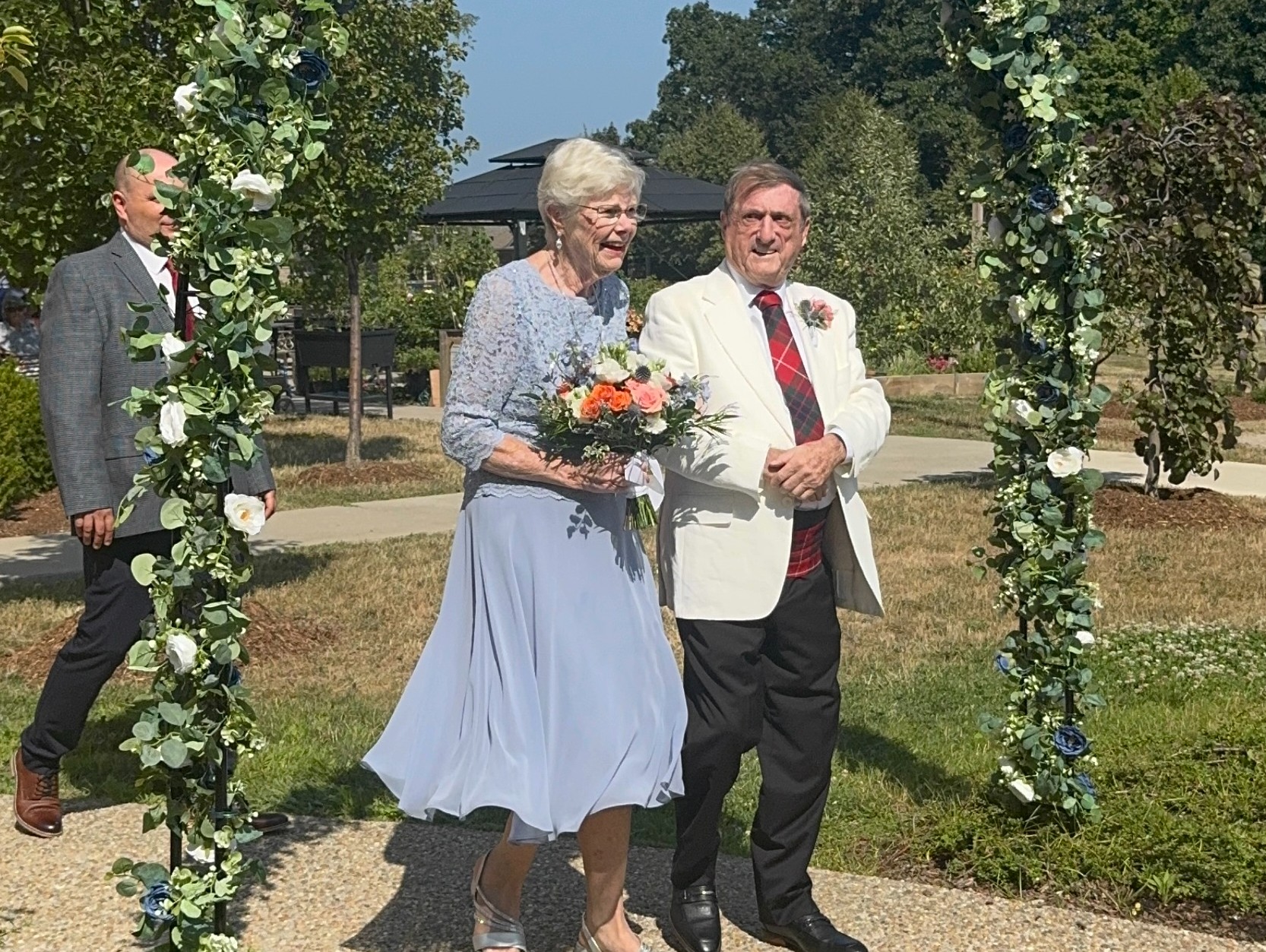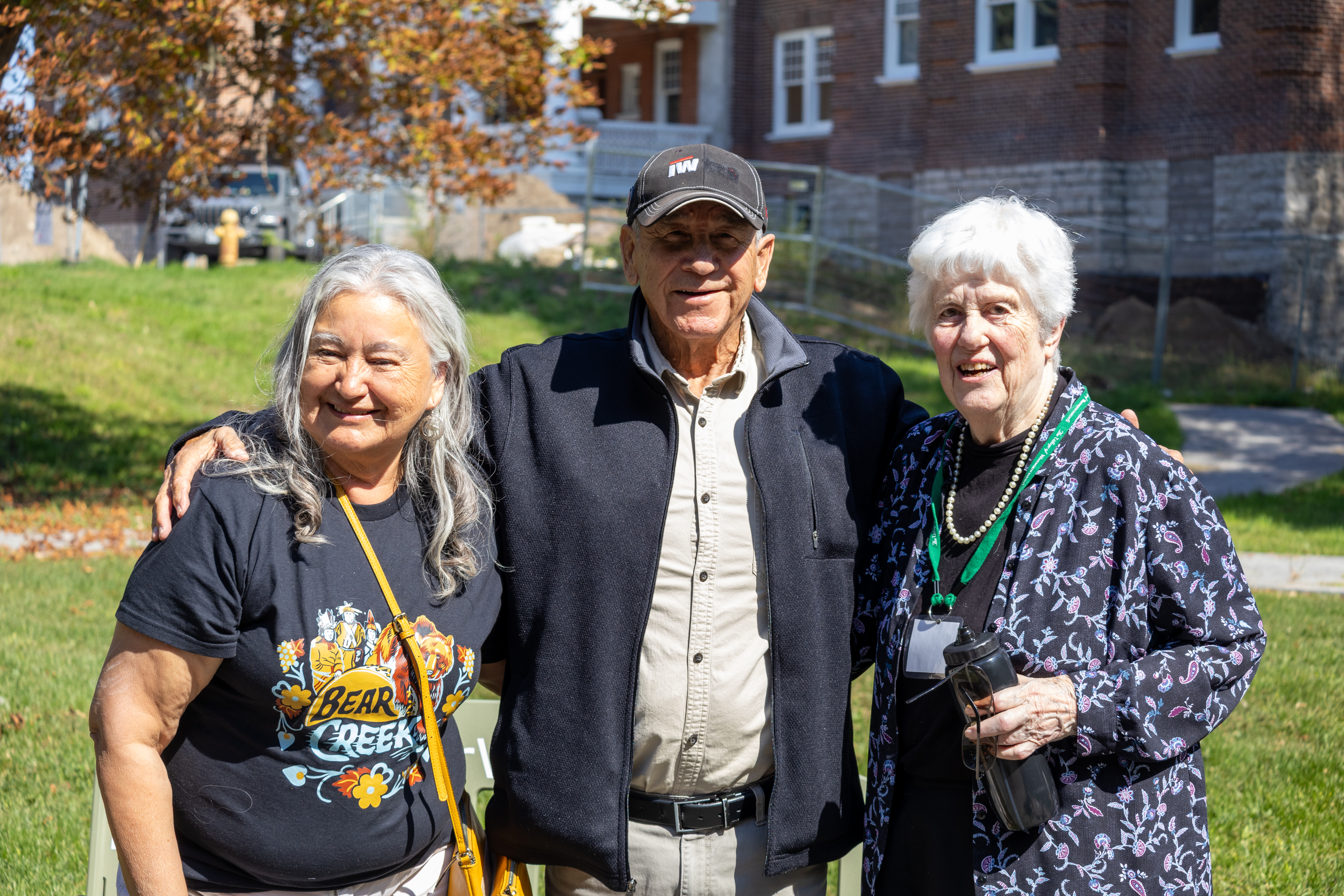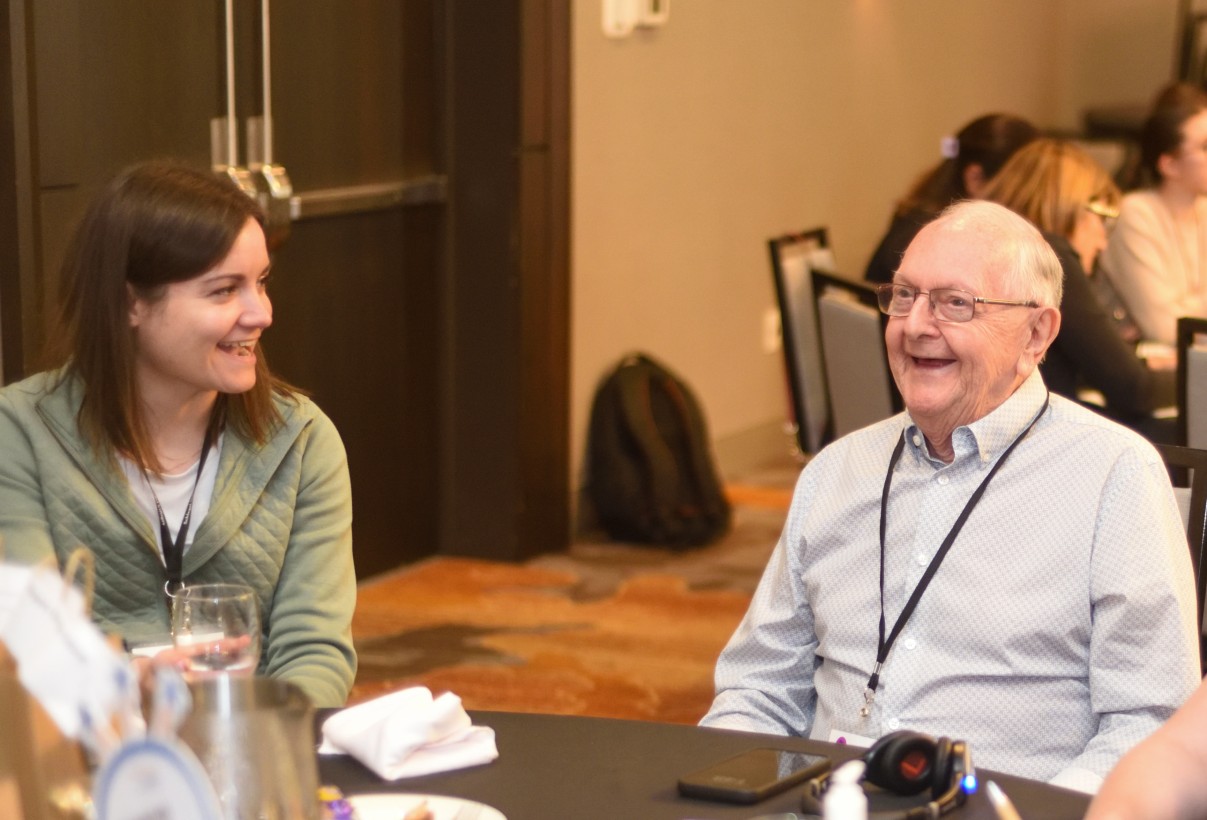In mid-2021, a small group of residents from the Retirement neighbourhoods of Hamilton’s Village of Wentworth Heights formed a current events group where they would discuss the issues of the day. A recent recurring subject was homelessness, which is a serious challenge in most corners of the country but seems especially acute in Hamilton.
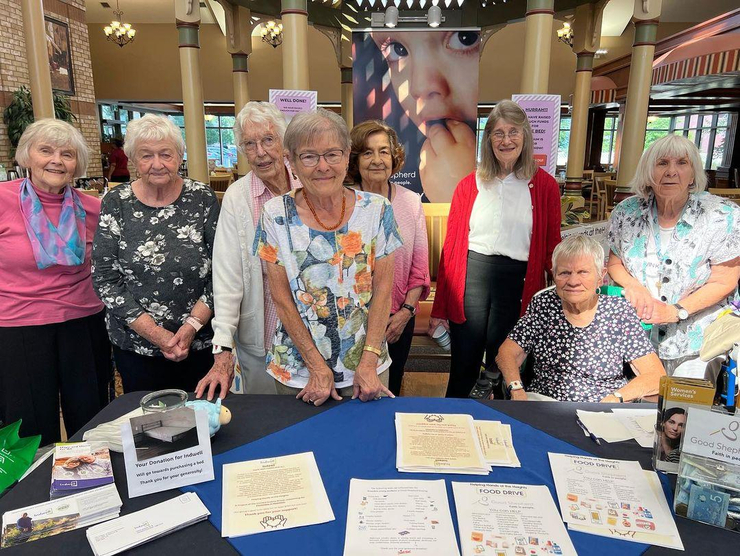 The group decided to see what could be done to support two organizations that serve marginalized populations in the region: Indwell, which creates affordable housing communities that support residents on a path to wellness, and Good Shepherd, which is one of Hamilton’s largest providers of health and human services.
The group decided to see what could be done to support two organizations that serve marginalized populations in the region: Indwell, which creates affordable housing communities that support residents on a path to wellness, and Good Shepherd, which is one of Hamilton’s largest providers of health and human services.
“Hamilton is in crisis,” says Kathe Kleinau, one of the group members who helped spearhead the fundraising efforts after presenting her research on the issue in the Hamilton region. “Our group decided we needed to do something.”
At first, the goal was to raise enough money through donations to fund one bed through Indwell, which is approximately $750, while also collecting household goods to donate to Good Shepherd.
In little more than a month, their efforts translated into more than $5,000 for Indwell and two truckloads of household goods that will help mothers and children through Good Shepherd to start over after leaving difficult situations.
This campaign isn’t just about asking for donations, Kathe points out, for the group felt it was important to also help educate their fellow residents and visitors about the root causes of homelessness.
Linda Comley is a former family physician who lives at Wentworth Heights, and throughout her career she was focused on youth who were struggling with the prospect of homelessness because of deep challenges at home.
“I was surprised by how bleak it was for some kids,” Linda recalls. “People were blaming kids for being on the street . . . but they weren’t running away because they disagreed with their parents; often it was because of incredibly difficult situations.”
Even when she was a young girl growing up, Linda was aware of the marginalized people in her community, and she’s carried a sense of social justice with her all through life. “Nobody chooses to be on the street,” she says. “Most of them are there for reasons they never expected.”
Unresolved mental health challenges or addiction fuelled by past trauma can be catalysts for crisis, the group of volunteers explained as they asked for support throughout September, just as job losses or the struggle between paying rent or feeding a family.
This is why organizations like Good Shepherd or Indwell are so important, says Didy Roukema, who is also part of the group at Wentworth Heights. Didy’s husband, Jobe, who also lived in the Village until his recent passing, was one of the founders of the organization that would become Indwell.
He was also a physician and early in his career he recognized the need for a holistic approach to wellness that addressed the root challenges faced by those who are at risk of becoming unhoused. Some 40 years after Jobe and his partners planted the seeds of Indwell’s approach, Didy says she’s proud to have helped initiate the recent fundraising efforts in the Village.
“We are a group that likes action,” Didy says, “and it comes out in our discussions. We feel so great and so excited.”
Some people mistakenly think that as people age into the 80s or 90s they’re no longer able to contribute much to their communities, but the residents of Wentworth Heights highlight the flaws in such belief.
“The atmosphere in the home changed,” Didy says, “because people got involved in an important cause.”
